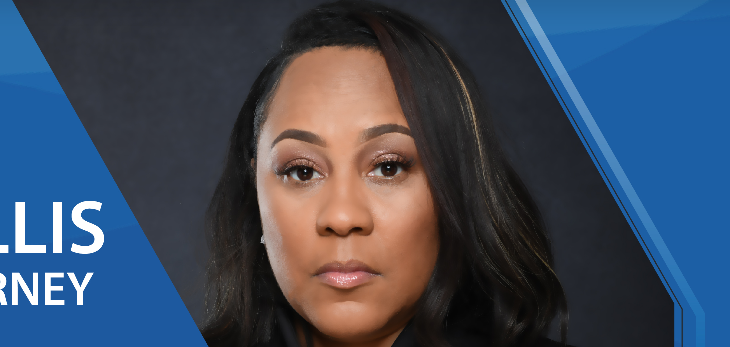In a pivotal development in the Georgia election interference case against former President Donald Trump, Fulton County Superior Court Judge Scott McAfee delineated a clear path forward. The judge ruled that the case can proceed under the leadership of District Attorney Fani Willis, provided a significant condition is met: the withdrawal of Special Prosecutor Nathan Wade, with whom Willis had a romantic relationship.
The controversy surrounding Willis's continued involvement in the case, due to her past relationship with Wade, reached a critical point when Judge McAfee addressed the "appearance of impropriety" this situation presented. "As the case moves forward, reasonable members of the public could easily be left to wonder whether the financial exchanges have continued resulting in some form of benefit to the District Attorney, or even whether the romantic relationship has resumed," McAfee articulated in his ruling, highlighting the delicate balance between legal proceedings and public perception.
This conditional approval allows Willis, who has been at the forefront of the investigation into alleged efforts to influence the 2020 election results in Georgia, to maintain her prosecutorial role. However, the stipulation that Wade must step down underscores the judiciary's commitment to preserving the integrity and impartiality of the legal process.
The allegations that led to this judicial scrutiny were brought forth by one of Trump's co-defendants, challenging Willis's qualification due to her "improper" personal relationship with Wade. Throughout the legal proceedings, including testimonies from both Willis and Wade, the complexities of their professional and personal dynamics were laid bare, prompting McAfee to navigate the intricate ethical considerations at play.
While McAfee concluded there was no "actual conflict" necessitating Willis's outright disqualification, he was unequivocal in his criticism of the "tremendous lapse in judgment" and "unprofessional manner" displayed, particularly in Willis's testimony. This critique reflects the court's disapproval of Willis's handling of the situation, even as it adheres to the legal standards governing conflicts of interest.
The judge's decision to allow the case to proceed, with the caveat that Wade must exit, presents Willis with a critical decision that will shape the future of the high-profile case. This ruling not only impacts the immediate parties but also sets a precedent for addressing similar ethical dilemmas in the legal field, underscoring the importance of ethical conduct and transparency.
As the nation watches closely, the implications of this ruling extend beyond the courtroom, touching on broader themes of accountability, judicial integrity, and the intricate interplay between personal relationships and professional responsibilities. With the 2024 presidential election on the horizon and Trump's political activities intensifying, the resolution of this case and its repercussions will undoubtedly remain a focal point of public and legal discourse.






